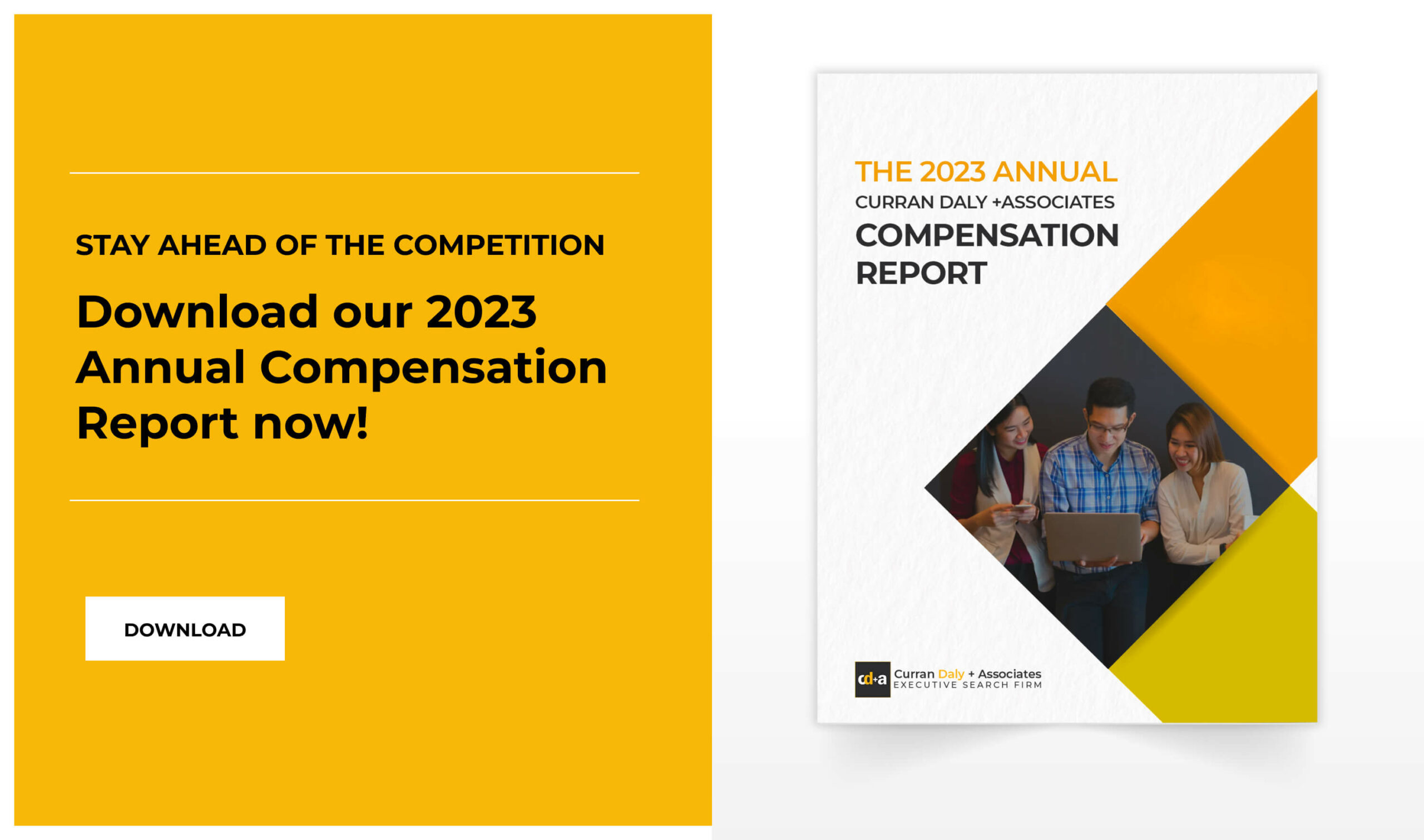The Philippines is already serving companies in North America, Canada, Asia-Pacific, and the EU; a number of urban centers in the Philippines are also among the top 100 BPO hot spots in the world. The Philippines is rapidly becoming the BPO destination of choice.
Generally, business leaders prefer outsourcing to the Philippines because the country offers more advantages compared to its competitors like India, Malaysia, and China. Here are some of the top reasons why businesses prefer to outsource to the Philippines:
1. Outsourcing to the Philippines is cost-effective.
Salaries, benefits, and operational overhead are all major components that make the Philippines appealing to businesses. According to Outsourcing Malaysia (2011), contact center agent’s estimated salary in the Philippines is between 14-20% of their Western counterparts. Indeed, the labor-related cost is much lower in the Philippines. Added to this are the significantly cheaper commercial and property costs. Subsidies and tax breaks sanctioned by the Philippine government reduce costs as well.
2. The Philippines is one of the largest English-speaking countries in the world.
English is also an official language in the Philippines, aside from Filipino; the Philippines is one of the largest English-speaking countries in the world. Filipinos are known for their neutral accent which makes them more appealing to customer service providers. As a matter of fact, the Philippines has been ranked No. 1 for the quality of English and cultural affinity (Talent Index, O2P, and Everest Group). Thanks to the Philippines’ strong affinity to the Western culture and its shared history with the United States!
3. The Philippines has a well-educated workforce.
The Philippine government strongly supports its IT-BPO industry. A number of initiatives are in place seeking to support talent development in BPO. Through the government’s Public-Private Partnership program, a total of 17,000 universities in the Philippines have begun incorporating BPO-specific competencies in their curricula. This means that companies can outsource everything from the Philippines — from customer care to technically skilled services like software development, architecture, and engineering.
4. The Philippines has a high number of highly-skilled, accessible talent.
Each year, Philippine universities spurn out thousands of college graduates who are eager to join the BPO workforce. In India and China, the BPO industry is experiencing difficulty acquiring and retaining employees; in the Philippines, this is not a problem. In 2013, India lost over 50 percent of its BPO industry. An estimated 25 billion dollars worth of jobs migrated to countries like the Philippines. The reasons were simple: 1) Thirty percent of the graduates in the Philippines are employable, compared to just 10% in India, 2) Filipinos are much more fluent in English, and 3) Filipinos have a strong affinity with the Western culture (Associated Chamber of Commerce and Industry of India).
5. The Philippines has an enabling policy environment.
Ranking second only to Overseas Filipino Workers’ (OFW) remittances, the IT-BPO sector is also a primary driver of the Philippine economy’s robust and sustained growth. As such, the Philippine government maintains an impressive government investment incentive for the industry. Philippine governments since President Ramos have aided in prepping up and positioning the BPO industry to a competitive edge. President Fidel Ramos initiated the industry by deregulating telecoms and strengthening the Philippines’ energy infrastructure, and President Gloria Macapagal Arroyo implemented tax exemptions for the industry. The Philippine IT-BPM industry has strong leadership, as well, with the Information Technology and Business Processing Association of the Philippines (IBPAP) as an umbrella organization for the information technology and business process management industry. At present, they are working on the IT-BPO Roadmap for 2020.
6. The Philippines offers superior infrastructure and more generous incentives.
The IBPAP reports that the Philippines offers a superior infrastructure and more generous incentives in the BPO sector as compared to its competitors like India and China. The Philippine government is highly supportive of its BPO industry. It has been providing resources for training and education and this has greatly helped position the BPO industry as a leader compared to its competitors. Moreover, the educational and utility infrastructure vis-a-vis BPO in the Philippines is also world-class (Sitel, 2014). Linkages between the country’s top BPO hotspots are continuously improving as well.
Bringing It All Together
The Philippines’ economic growth is robust and steady and the Philippines’ IT-BPO industry, being a key driver in the country’s economic growth, has been enjoying tremendous growth since 2009– from 3.2 billion dollars in revenue in 2009 to 25 billion dollars this year (Everest and BPAP).
Needless to say, there are plenty of opportunities in the Philippines. Businesses looking to cut costs while maintaining top-notch services and quality talent need not look farther, the Philippines is the best place to outsource to.









0 Comments